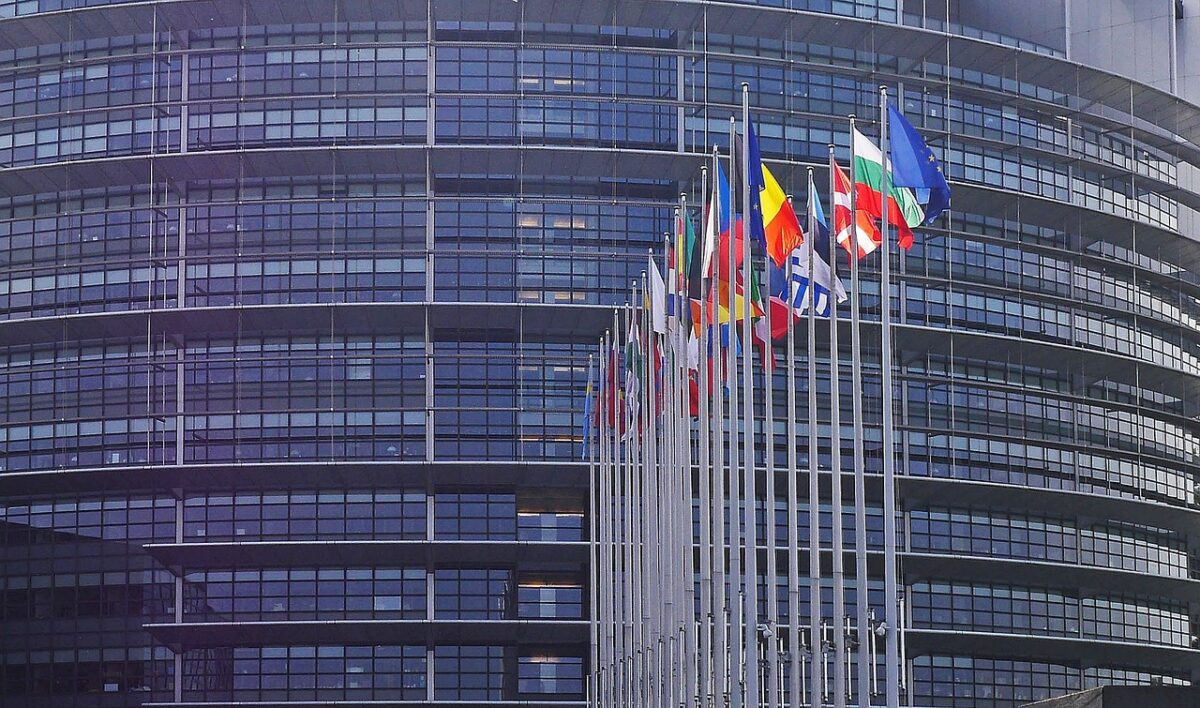From pv magazine Global
The Internal Market and International Trade Committees of the European Parliament have approved and amended a draft regulation against forced labor prepared by the European Commission. The proposal covers all products and does not target specific companies or industries.
“The draft regulation would put in place a framework to investigate the use of forced labor in companies’ supply chains,” the European Parliament said. “If it is proven that a company has used forced labor, all import and export of the related goods would be halted at the EU’s borders and companies would also have to withdraw goods that have already reached the EU market.”
The members of parliament approved the draft regulation and also made amendments. For instance, the revised version now requires companies operating in high-risk areas, rather than public authorities, to demonstrate that they do not use forced labor.
It also says that prohibited products can re-enter the EU market if the related producer can prove they have ceased using forced labor in their operations or supply chain. The committees also harmonized the definition of forced labor with the International Labour Standards.
“The ban that we have voted for today will be essential in blocking products made using modern slavery and taking away the economic incentive for companies to engage in forced labor,” said co-rapporteur Samira Rafaela. “It will protect whistle-blowers, provide remedy to victims, and defend our businesses and SMEs from unethical competition.”
The European Solar Manufacturing Council (ESMC), which recently urged the European Union to adopt legislation against forced labor in the PV industry, welcomed the vote. However, it said that it is concerned that it will take too long time until the legislation is enforced.
“We are afraid it will not be as effective as needed,” the association said in a statement.
The ESMC is an industry association that was created in 2019 with the aim of promoting the interests of the European PV manufacturing sector.
This content is protected by copyright and may not be reused. If you want to cooperate with us and would like to reuse some of our content, please contact: editors@pv-magazine.com.









By submitting this form you agree to pv magazine using your data for the purposes of publishing your comment.
Your personal data will only be disclosed or otherwise transmitted to third parties for the purposes of spam filtering or if this is necessary for technical maintenance of the website. Any other transfer to third parties will not take place unless this is justified on the basis of applicable data protection regulations or if pv magazine is legally obliged to do so.
You may revoke this consent at any time with effect for the future, in which case your personal data will be deleted immediately. Otherwise, your data will be deleted if pv magazine has processed your request or the purpose of data storage is fulfilled.
Further information on data privacy can be found in our Data Protection Policy.